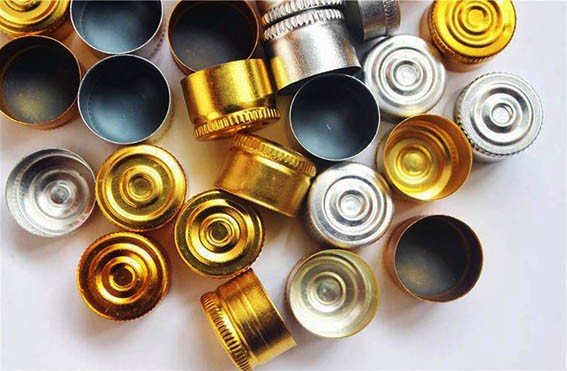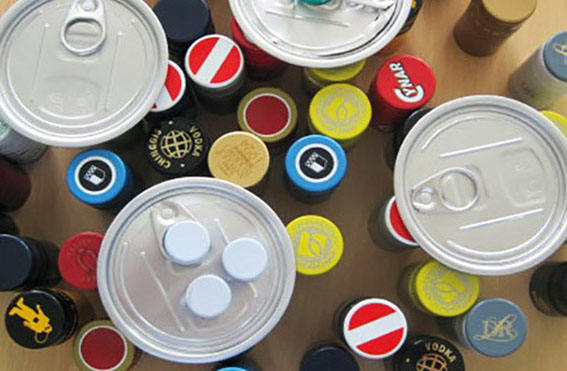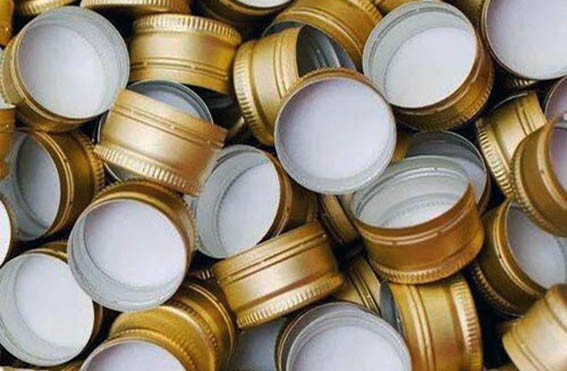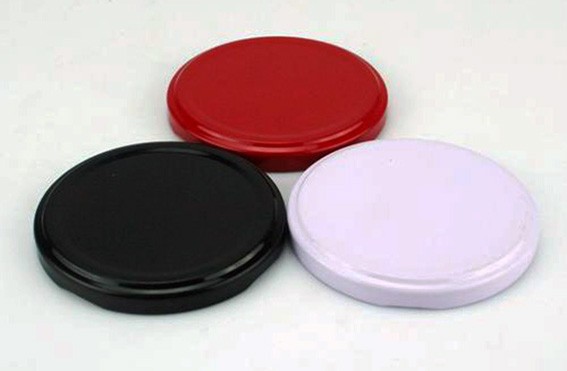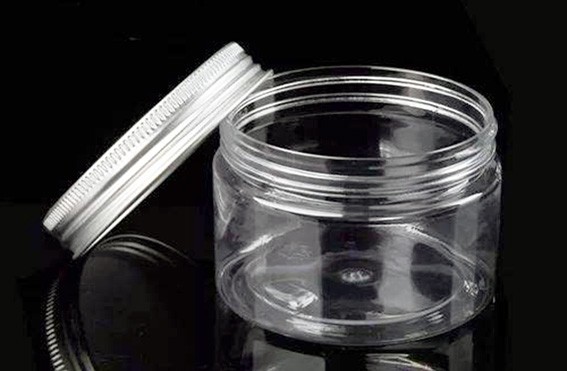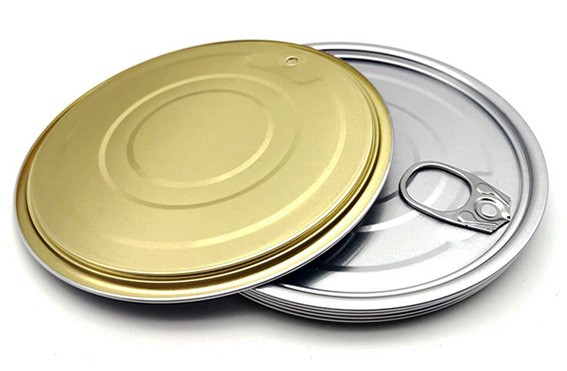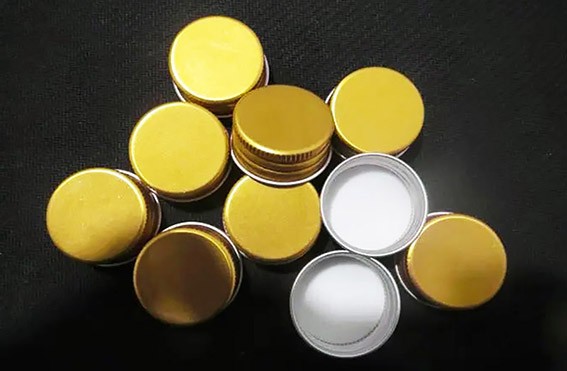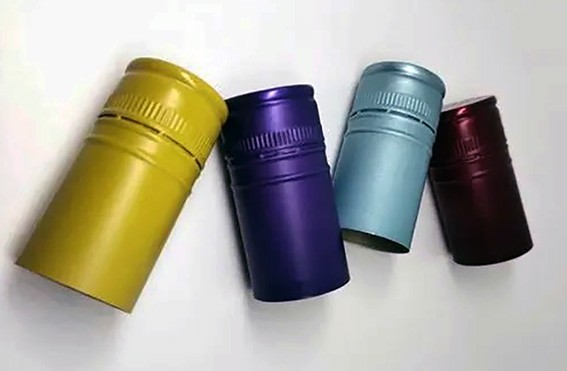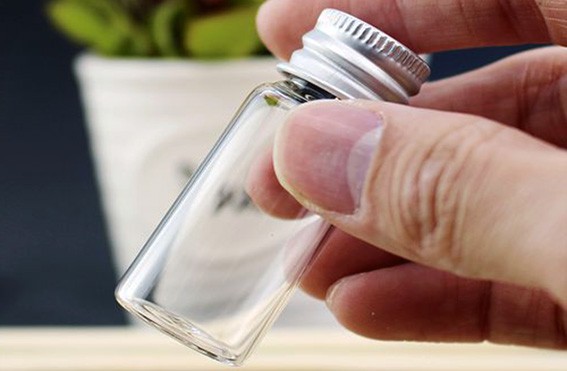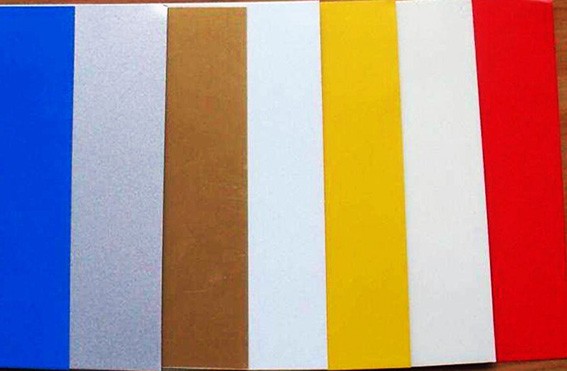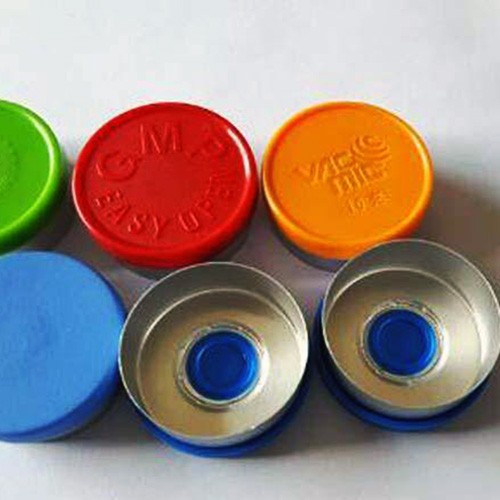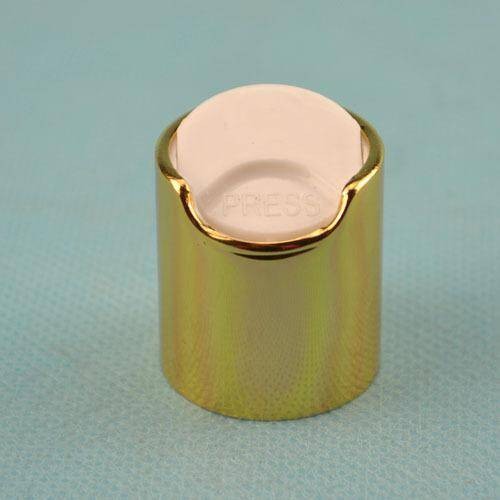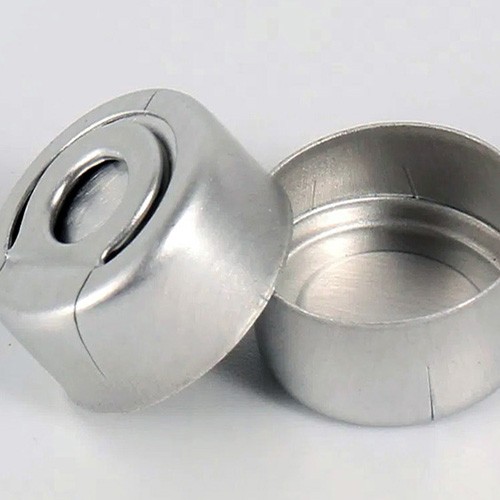8011 Aluminum strip for aluminum vial seals and caps
Aluminum bottle caps are critical components in the packaging industry, ensuring the safety and integrity of pharmaceutical products. Among the various materials used for bottle caps, 8011 aluminum alloy strip stands out for its excellent performance.
8011 aluminum strip is a reliable choice for manufacturing vial seals and caps due to its combination of formability, corrosion resistance and sealing properties.
Vial aluminum caps are made of 8011 aluminum alloy strips. Aluminum alloy strips of different specifications need to be produced with aluminum alloy plates of different specifications.
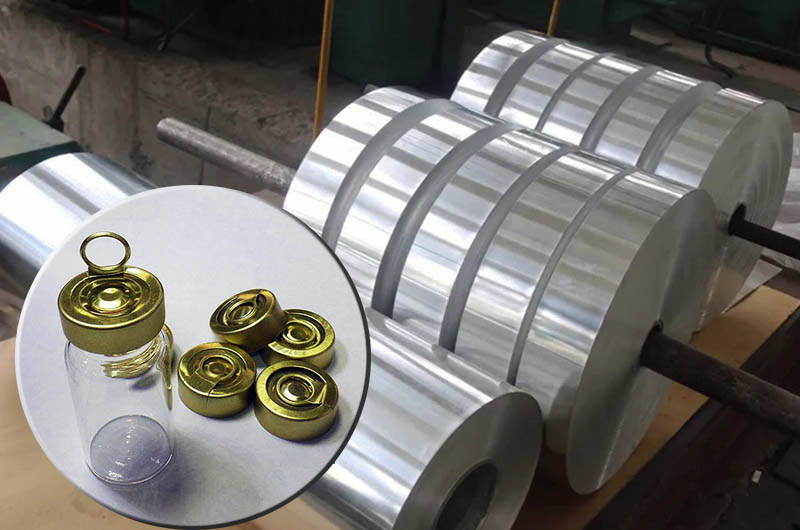
8011 aluminum alloy is a versatile material that is widely used in various industrial applications, especially in the packaging industry. Composed primarily of aluminum (Al) and other elements such as iron (Fe), silicon (Si) and copper (Cu), alloy 8011 has excellent properties suitable for the production of bottle caps. The most common alloy temper for 8011 aluminum strip is H14, which represents a strain-hardened and partially annealed condition.
8011 Aluminum for aluminum vial seals Performance
8011 aluminum alloy is often used to produce aluminum bottle seals, generally in H16 or H14 condition. Depending on whether the 8011 aluminum alloy strip is painted or not, there are three types of aluminum covers: ordinary aluminum covers (i.e. non-coated), single-coated aluminum covers and double-coated aluminum covers. These caps are usually coated with a clear epoxy varnish on both sides.
- Corrosion Resistance: Aluminum itself has excellent corrosion resistance, ensuring the integrity of the cap even in challenging environmental conditions.
- Formability: 8011 alloy strip can be easily formed into desired shapes, making it ideal for complex bottle cap designs.
- Surface smoothness: The 8011 aluminum strip has a smooth surface with no roller marks, scratches or stains, meeting the strict quality standards for bottle cap materials.
- Strength and Durability: Despite its lightweight nature, 8011 alloy is still strong and durable enough to provide reliable protection for pharmaceutical products.
Aluminum vial seals and caps material specifications
8011 aluminum strip is used for aluminum bottle seals and caps. Its surface should be smooth and free of roll marks, scratches and stains on the cap material.
8011 aluminum tape for vial seals and caps is available in a variety of sizes and can be customized to meet specific application needs.
- Common alloy states: 8011-H14
- Typical thicknesses range from 0.20mm to 0.23mm, ensuring optimal sealing performance without compromising flexibility.
- Widths typically vary from 449 mm to 796 mm to accommodate different vial sizes and sealing requirements.
These strict specifications ensure uniformity and consistency in cap production, minimizing manufacturing defects and ensuring product quality.
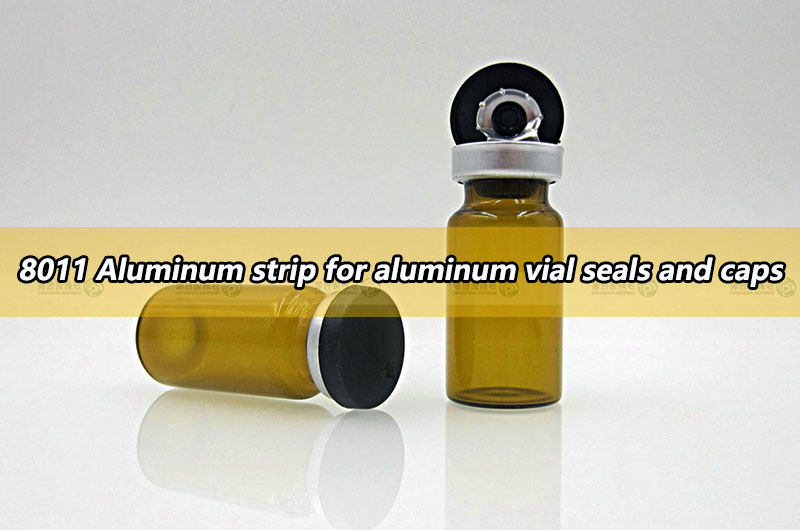
How to make 8011 aluminum strip for vial seals and caps
8011 aluminum bottle seals and aluminum strips for bottle caps can be produced by hot rolling or continuous casting and cold rolling.
The production of 8011 aluminum strips for vial seals and caps involves complex manufacturing processes designed to achieve precise dimensions, surface quality and mechanical properties. Two main production methods are used:
1. Hot rolling
In the hot rolling method, aluminum ingots are heated to high temperatures and passed through a series of rolling mills to reduce their thickness and achieve the desired size. Hot rolling can produce aluminum strip quickly while maintaining uniform properties.
2. Continuous casting and cold rolling
This advanced manufacturing method involves continuous casting of billet aluminum, which is then cold rolled to achieve the required thickness and surface finish. Continuous casting offers several advantages over traditional casting methods, including improved grain structure and enhanced mechanical properties.
Advantages of continuous casting
Continuous casting of 8011 aluminum billets offers several clear advantages compared to traditional casting methods, especially in the production of vial seals and caps:
- Enhanced grain structure: Continuous casting produces a finer, more uniform grain structure, thereby improving the mechanical properties and surface quality of aluminum strip.
- Reduced Defects: Continuous casting minimizes internal defects such as porosity and segregation, ensuring the integrity and consistency of the cap material.
- Cost Efficiency: Although the initial set-up costs of continuous casting equipment may be higher, streamlined production processes and superior product quality can lead to long-term cost savings.
- Environmental benefits: Continuous casting consumes less energy and produces fewer emissions than traditional casting methods, aligning with the packaging industry’s sustainability goals.
8011 Aluminum strip for aluminum vial seals and caps Applications
8011 aluminum strip is widely used in the pharmaceutical industry for the manufacture of vial seals and caps. These versatile materials can be used in a variety of vial types, including:
- Injection Vials: Used to package injectable drugs such as vaccines, insulin, and antibiotics, injection vials require 8011 aluminum caps to provide a secure and tamper-proof seal.
- Oral Liquid Vials: Oral liquid medications, including suspensions, syrups, and solutions, are typically packaged in vials sealed with 8011 aluminum caps to prevent contamination and maintain product integrity.
- Freeze-Dried Powder Vials: Lyophilized powder formulations for reconstitution require 8011 aluminum caps to provide a seal to maintain drug stability and efficacy.
- Diagnostic Reagent Vials: Vials containing diagnostic reagents and test solutions are sealed with 8011 aluminum caps to ensure accurate and reliable test results.
Chemical composition of 8011 aluminum sheet strip and foil
| Element | Content (%) |
| Aluminum, Al | 97.3 - 98.9 |
| Iron, Fe | 0.60 - 1 |
| Silicon, Si | 0.50 - 0.90 |
| Manganese, Mn | ≤ 0.20 |
| Zinc, Zn | ≤ 0.10 |
| Copper, Cu | ≤ 0.10 |
| Titanium, Ti | ≤ 0.080 |
| Chromium, Cr | ≤ 0.050 |
| Magnesium, Mg | ≤ 0.050 |
| Remainder (each) | ≤ 0.050 |
| Remainder (total) | ≤ 0.15 |
Quality Control and Testing of 8011 Aluminum Strips for Vial Seals and Caps
To ensure the highest quality and performance standards, 8011 aluminum strip manufacturers implement strict quality control measures throughout the production process. Critical quality parameters include:
- 1. Dimensional accuracy: Precise control of thickness and width dimensions is critical to meeting customer specifications and ensuring compatibility with vial sealing equipment.
- 2. Surface inspection: Visual inspection and surface profile measurements are performed to detect any defects that may affect the sealing performance of the bottle cap, such as roller marks, scratches or stains.
- 3. Mechanical properties: Tensile testing and hardness measurements are performed to verify the mechanical strength and formability of the aluminum strip to ensure consistent sealing performance.
- 4. Chemical composition analysis: Chemical composition analysis is performed to confirm compliance with the specified alloy composition and regulatory requirements for pharmaceutical packaging materials.
- 5. Coating integrity: For coated aluminum caps, adhesion testing and coating thickness measurements are performed to evaluate the durability and corrosion resistance of the protective coating.
8011 aluminum strip plays a vital role in the pharmaceutical packaging industry and is the primary material used in the manufacture of vial seals and caps. With its superior performance, strict quality standards and advanced production technology, 8011 aluminum tape provides reliable protection and tamper-proof sealing for a variety of pharmaceutical products.
With the innovation of technology, the functions and production forms of aluminum bottle seals and caps are developing towards diversification and high-end. Aluminum bottle seals and caps can not only be mechanized and scaled, but are also low-cost, pollution-free, and recyclable.


